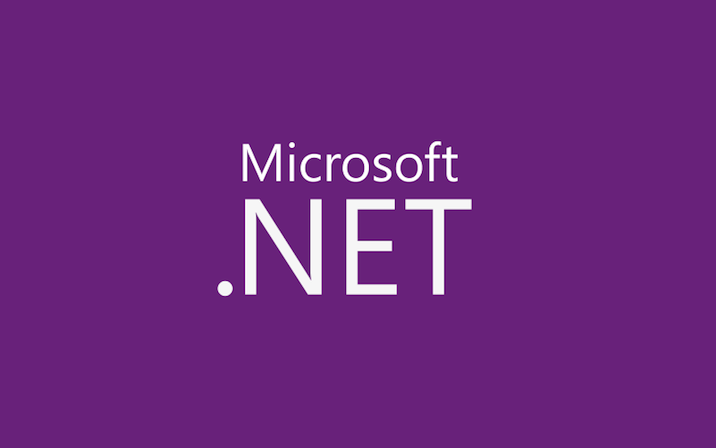


PLINQ and Int32.MaxValue

New TaskCreationOptions and TaskContinuationOptions in .NET 4.5

ExecutionContext vs SynchronizationContext

ConcurrentQueue holding on to a few dequeued elements

Async Targeting Pack for Visual Studio 11 now available for .NET 4 and Silverlight 5

Should I expose synchronous wrappers for asynchronous methods?

Do I need to dispose of Tasks?

Should I expose asynchronous wrappers for synchronous methods?


 Light
Light Dark
Dark